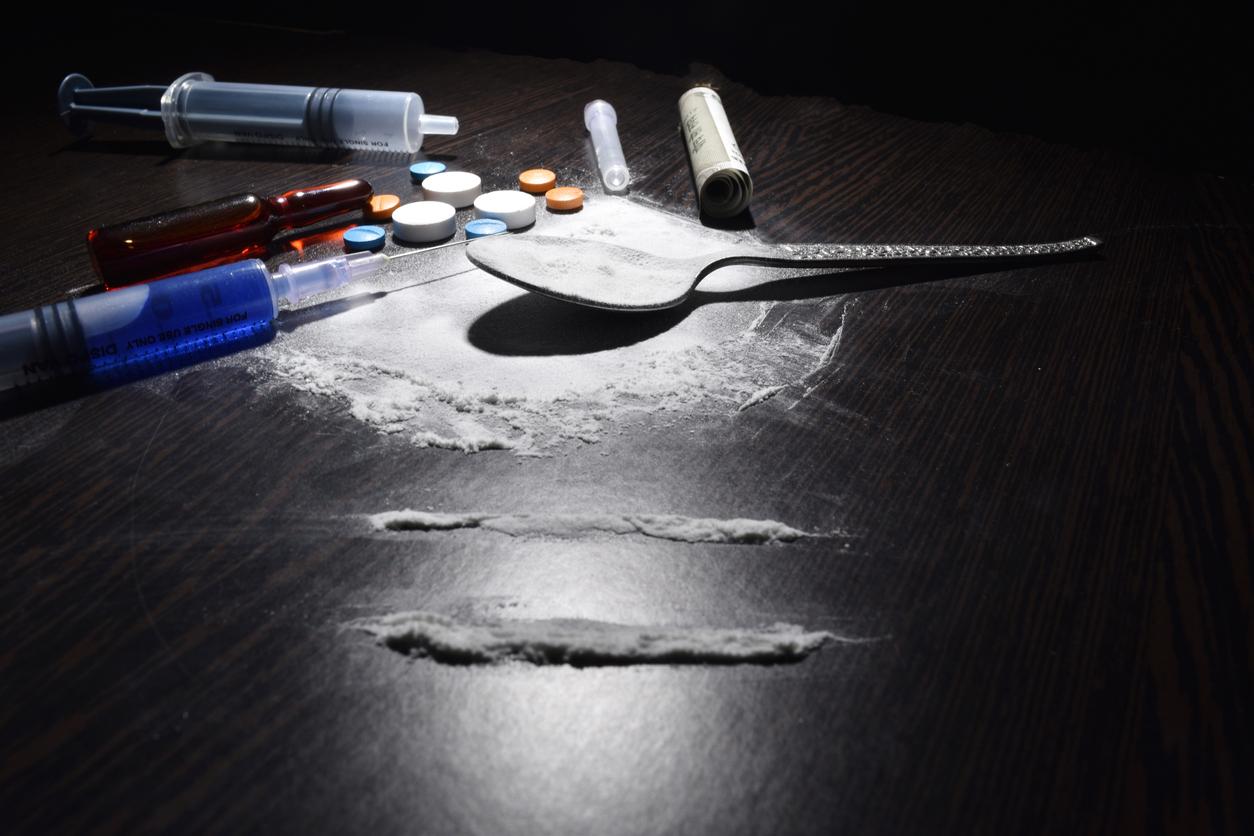A bad for a good ? Canada, and particularly the province of British Columbia, faces a rather ambivalent situation. Organ donations and transplants are increasing, but the reason is not very encouraging. This increase in donations corresponds in fact to a large number of overdose deaths observed since 2015. That year, 474 people died of an overdose, a third of them from fentanyl, a powerful sedative from the opioid family. These deaths increased by 80% in 2016, with 914 deaths.
Fentanyl is used primarily to relieve pain caused by cancer, but it is trafficked in North America. This product makes indeed very dependent, an “asset” for drug dealers who see it as a profitable product. In addition to dependence, fentanyl can cause overdoses in relatively small amounts. Two pure milligrams can kill.
No more overdoses, no more donors
As these deceased people are organ donors, this explains the increase in donations. Between the start of 2017 and February 15, 59 organs from 20 donors were transplanted, compared to 37 organs from 10 donors respectively over the same period in 2016. An increase largely attributable to deaths from fentanyl overdoses, which represent a quarter of transplants. David Landsberg, director of transplant medical services in British Columbia, is puzzled: “This is bad for good. I would like to see the end of the fentanyl epidemic, but I would also like people on waiting lists for organ donation to receive help ”. More transplants do not necessarily mean more deaths, but rather more donors, among the people who die each year.
To read also
Organ donation: “even swelling can save lives”
Organ donation: a campaign to explain the new rules
Singer Prince died of Fentanyl overdose


















